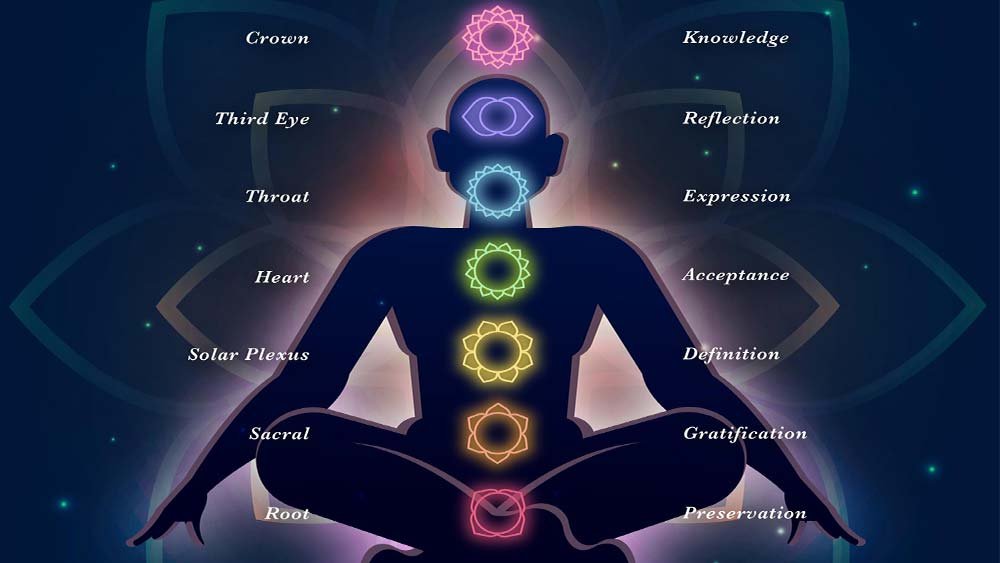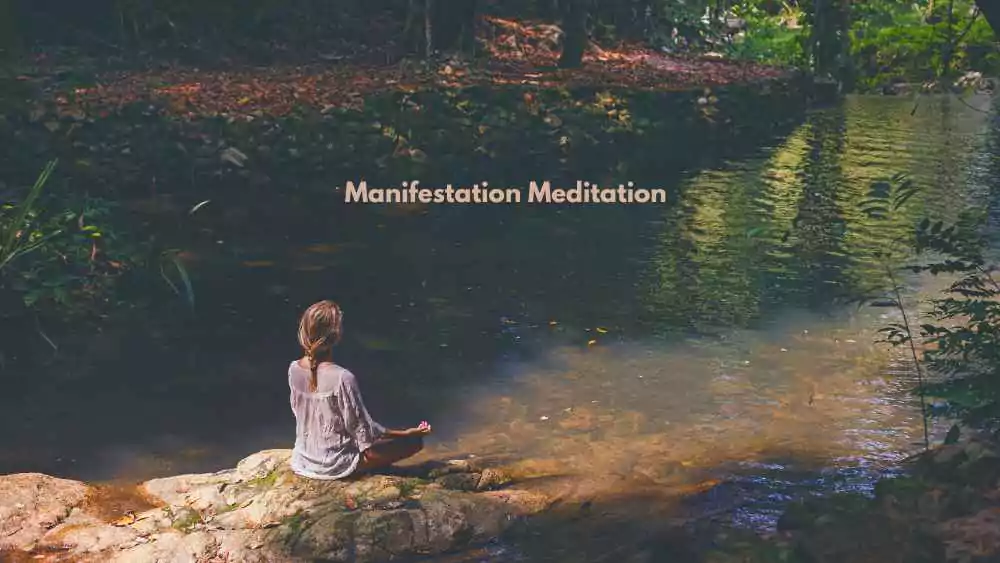
People have starkly different (and somewhat extreme) opinions about yoga. Those who support it, treat it like a religion, and those who despise it go to every extent to negate it.
Just do a quick swift through the discussion forums online, and you will come across different reasons why and what they believe about yoga.
Yoga enthusiasts love it because:
- They consider it as an investment for their old age.
- They get healed from anxiety and stress.
- It affects fitness and strength in a better way and improves mental health.
- For some, practicing a yoga pose with your partner or a friend adds a fun, connective twist that enhances both trust and physical benefits.
Some are against it because:
- They consider it overrated, women-centric, or fake.
- They don’t enjoy it.
- Some feel uncomfortable with its philosophical aspect.
However, before reaching any conclusion, you must understand the real advantages and disadvantages of yoga. It will assist you in determining whether it is truly helpful for you.
What is Yoga? Its Origin and History

Originally from ancient India, yoga’s main goal is to create harmony between the body and mind. It’s like a refresh for your entire self, keeping you grounded and at ease.
Yoga (or “yuj” in Sanskrit) has been around for over 5,000 years, deeply connected to Indian culture. Experienced yogis think it can lead to enlightenment and a better life by helping you focus and getting your body and mind in sync.
Pros and Cons of Yoga: Is it Effective?
Since we are not inclined to go with either of the two sides, we will list the pros and cons of yoga so you can make a suitable decision for yourself.
Pros of Yoga

Following are some mental and physical benefits of practicing yoga in daily routine.
1. Improve Flexibility, Posture, and Health
In yoga, you stretch your muscles and maintain a somewhat weird position (for example, while doing Kundalini Yoga which is dangerous if done properly) for a few minutes, increases flexibility. Not only that, but many people practice yoga for strength as it makes the body well-toned and enhances stamina. It’s great for your heart and keeps your blood pressure in check!
2. Self-Awareness and Mindfulness
You get to know your own thoughts, sensations, and emotions in a better way while doing Asanas. It’s like a mindfulness practice that gives you a chance to reflect on yourself.
3. Relief from Stress and Pain
Yoga integrates mindfulness practices like meditation and pranayama, or controlled breathing. It’s all about that feeling of relief, like shaking off stress and anxiety. In fact, yoga also relieves chronic lower back pain.
4. Better Quality Sleep
According to a study, almost over 90% of people have experienced wellness in their overall health by doing yoga. Therefore, consistent yoga practice aids in preserving peaceful, restful sleep for every age of person, even for babies.
Cons of Yoga

Where many people have experienced the positive effects, some people (around 1.9%, according to one research conducted in India) have some yoga disadvantages as well. The reasons span from cultural aspects to personal preferences.
1. Injured Muscle or Pain
Inexperienced people feel pain or get injured by performing complex asanas in yoga. If someone pushes himself very much to become perfect at it, he might face issues such as wrist pain, knee injuries, or back pain.
2. Peer Pressure
The commercialization of yoga has affected the masses, and social media has only made things more complicated. Now, people feel pressured when they see people flexing expensive yoga gifts like digital watches, fancy tumblers, and specialized yoga shoes. This can leave people frustrated and unsatisfied.
3. Hypermobility Issues
For individuals with hypermobility or conditions like Ehlers-Danlos syndrome, yoga can sometimes worsen joint instability.
4. Unavailability of Proper Guidance
Since it is a vast and varied field, some inexperienced people face a lack of proper and coherent guidance. Inadequate instruction can result in improper techniques being taught, increasing the risk of injury.
Conclusion
Nowadays, yoga is everywhere—from studios and gyms to apps and YouTube videos. Whether you’re looking to stretch out tight muscles or calm your racing thoughts, yoga is a practice that can work for everyone. And while it’s ancient, it feels more relevant than ever.






